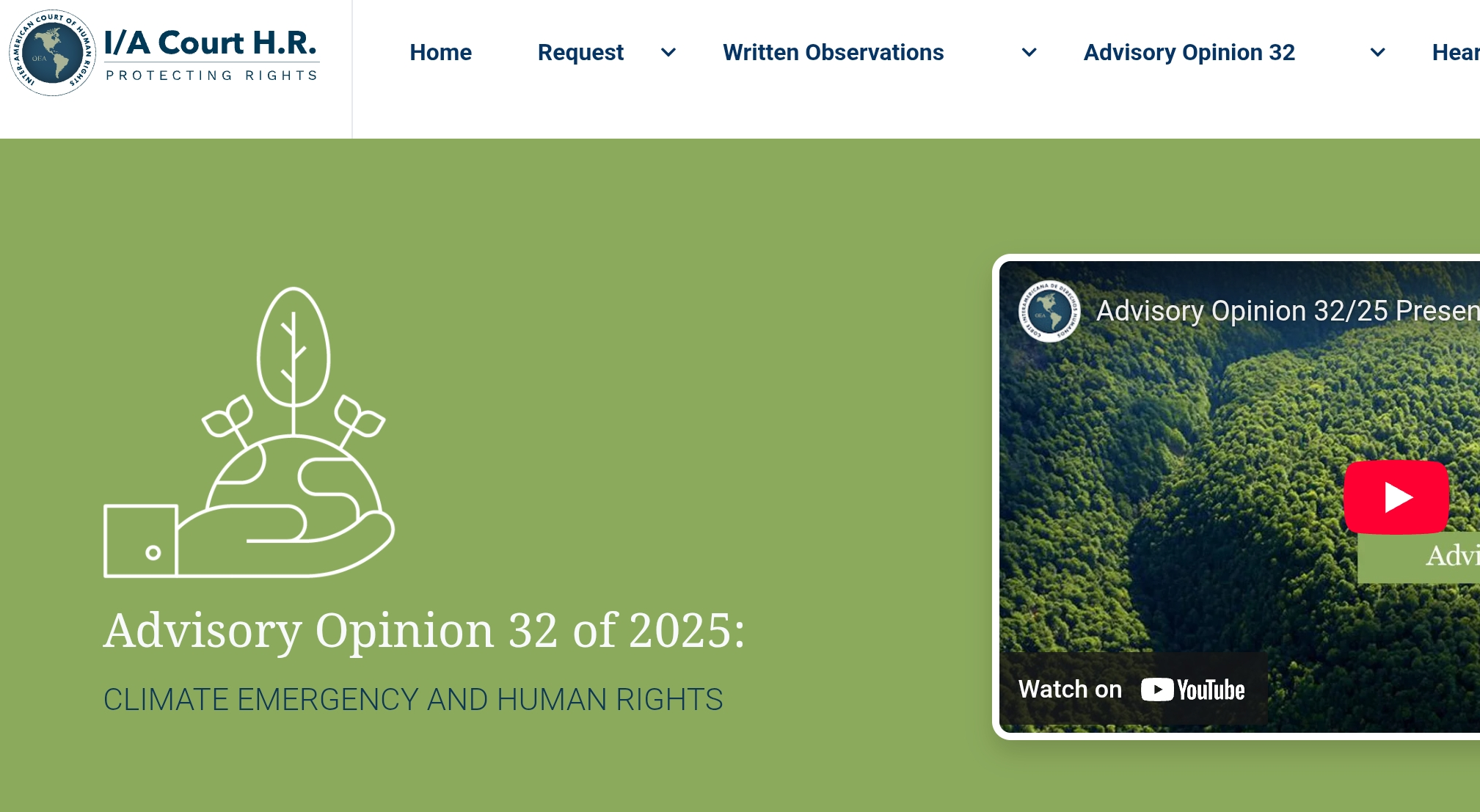Dear James Cleverly,
We, the undersigned organisations, are writing to you urgently with regard to the ongoing hunger strike by hundreds of political prisoners in Bahrain’s Jau Prison. We urge your government to press the Bahraini authorities to unconditionally release all those sentenced for their political beliefs on abusive charges or after unfair trials, including human rights defenders Abdulhadi Al Khawaja and Abduljalil Al-Singace, and in the interim, to ensure all prisoners’ immediate access to medical care and humane prison conditions.
Bahrain Institute for Rights and Democracy, which has spoken to individuals who are detained at the prison, as well as some of their family members, has found that political prisoners in Jau Prison are forced to endure extremely harsh conditions, including spending 23 hours each day in their cells. The prisoners are calling for an end to solitary confinement, increased time outside of their cells, prayer in congregation at the prison building mosque, face-to-face visitation without glass barriers, proper medical care, and access to education.
We are particularly concerned for the life of Abdulhadi Al-Khawaja, a prominent Bahraini-Danish human rights defender who is currently on a hunger strike to protest his unjust imprisonment and the continued denial of urgent medical care he has been subjected to while detained.
Al-Khawaja, the co-founder of both the Gulf Centre for Human Rights and the Bahrain Center for Human Rights, has been unjustly imprisoned for 12 years. He was arrested in 2011 for his role in peaceful demonstrations during Bahrain’s pro-democracy uprising and is currently serving a life sentence in Bahrain. Al-Khawaja’s health has deteriorated significantly during his imprisonment. He has been subjected to severe physical, sexual, and psychological torture.
Prison authorities have repeatedly failed to provide or allow Al-Khawaja access to adequate medical treatment. In February 2023, Al-Khawaja experienced a cardiac arrhythmia; for several months, he was denied access to adequate medical treatment, despite continued cardiac problems and the risk of cardiac arrest.
On August 9, 2023, Al-Khawaja initiated a hunger strike alongside hundreds of other inmates demanding better conditions in Jau Rehabilitation and Reform Center. Two days later, on August 11, he was rushed to the intensive care unit of a Bahraini military hospital due to serious cardiac problems. The attending doctor stressed the imminent danger to Al-Khawaja’s life and administered an intravenous injection until his heart rate stabilised.
Al-Khawaja was then returned to prison, where he continued his hunger strike. He continues to require urgent and adequate medical care, which prison authorities are failing to provide. According to an independent doctor consulting for the family and who is knowledgeable about Al-Khawaja’s case and health, he may not survive for more than a few days given his deteriorating condition, chronic health issues, and the potential for sudden, fatal cardiac arrest.
We are also deeply concerned about the health of Dr. Abduljalil Al-Singace, a Bahraini academic and award-winning human rights defender serving a life sentence in Bahrain. He has been on a hunger strike without solid food since July 8, 2021, in protest of the confiscation of his handwritten notes by prison authorities. During his hunger strike, he has been sustaining himself on multivitamin liquid supplements, tea with milk and sugar, water, and salts. Dr. Al-Singace has been subject to solitary confinement and denied access to adequate medical treatment, despite the fact he is being held at a medical facility, Kanoo Medical Center.
Respect for human rights is inextricably linked to UK interests, and the ongoing detention and possible death of prominent Bahraini human rights defenders in state custody threatens those interests.
Bahraini government bodies which benefit from the UK taxpayer-funded Gulf Strategy Fund, including the Ministry of Interior and its Ombudsman office and the Special Investigations Unit, are directly implicated in the strike. The Ministry of Interior oversees Jau Prison, and its Ombudsman recently provided a misleading representation of prison conditions, according to Bahrain Institute for Rights and Democracy.
We respectfully request that the United Kingdom leverage its close security partnership with Bahrain and urge Bahraini authorities to unconditionally release all those sentenced for their political beliefs, including human rights defenders Abdulhadi Al-Khawaja and Abduljalil Al-Singace, and in the meantime, to ensure that they are provided with life-saving medical care to prevent an imminent tragedy.
We appreciate your time and attention to this urgent matter.
Sincerely,
- Americans for Democracy & Human Rights in Bahrain (ADHRB)
- Bahrain Institute for Rights and Democracy (BIRD)
- Cairo Institute for Human Rights Studies (CIHRS)
- Democracy for the Arab World Now (DAWN)
- English PEN
- European Centre for Democracy and Human Rights (ECDHR)
- #FreeAlKhawaja Campaign
- Front Line Defenders
- Gulf Centre for Human Rights (GCHR)
- Human Rights First
- Human Rights Watch
- International Service for Human Rights (ISHR)
- PEN International
- Project on Middle East Democracy (POMED)
- Rafto Foundation for Human Rights




